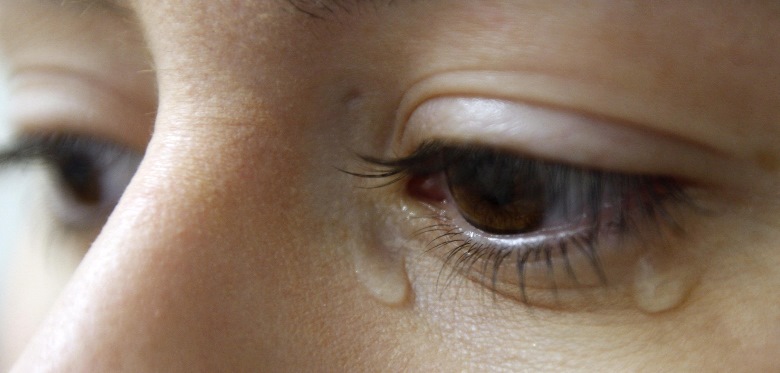Figures from the Ministry of Justice (MoJ) suggest that the number of non-molestation orders issued by the courts have increased by 21 per cent from 4,925 to 6,101 in England and Wales, between 2012 and 2014.
In the Midlands alone, the number of non-molestation orders being issues has risen by a staggering nine per cent, while the Police are suggesting that the number of domestic abuse related crimes recorded in England and Wales have risen by nearly a third, since 2013.
What has happened in the last couple of years to create such dramatic figures?
While it’s true that there is a far greater awareness of violence and abuse in the home, domestic abuse – sadly - is far from a new phenomenon and one might reasonably expect figures to be going down, rather than up.
So why are so many more individuals reporting incidents to the police or seeking protection from the courts?
Some have suggested the figures are linked to the Government’s introduction of greater restrictions on legal aid. This has removed all legal aid or divorcees, unless there is specific evidence that one or more party is a victim of domestic abuse, including the existence of a non-molestation order or specific police intervention.
Current figures suggest that nearly half of marriages are at risk of failing, while the rise in cohabiting means more unmarried couples are going through acrimonious separations of their own. As such, relationship breakdown affects a significant proportion of our population and means a long, stressful and often bitter process for thousands of people each year.
Last week, a national newspaper presented a rather sobering hypothesis - Is domestic abuse truly on the rise, or are accusations of such being seen increasingly as a convenient way to access legal aid? Have certain individuals spotted an opportunity to access funding by fabricating their own story of abuse?
Regardless of your opinion of the cuts to legal aid; irrespective of whether you believe these reforms are warranted; it can never be justified to ‘cry wolf’ over something as serious as domestic abuse simply to access legal funding. Anyone who has witnessed – as I have - the true impact of domestic abuse on the lives of victims, their families and their children would be rightly appalled at the very thought of it. It is fraud that preys upon a system designed to help those who are most vulnerable.
What is even more disturbing is the suggestion that unscrupulous lawyers are encouraging their prospective clients to create a false or exaggerated history of abuse simply to gain access to funding and to have the benefit of a lawyer representing them in their divorce, financial settlement and children dispute.
Solicitors taking part in such activities would stand to gain greater amounts of legal aid work at a time when this area of the sector is being squeezed.
But what about those falsely accused of domestic abuse? They would be forced to stand alone and defend themselves unless they can afford to pay - only the alleged ‘victim’ qualifies. This is not only fundamentally unfair, but there is a real risk of a miscarriage of justice and life changing decisions being made about their future and the future of their relationships with family and children.
Of course, if there is a genuine victim of domestic abuse who needs protection they should have it and have access to proper legal advice. Victims need protection and support within the legal process to account for the impact of that abuse upon them and their ability to cope within a legal system in facing their abuser. There is nothing wrong in that and victims deserve protection.
What is not acceptable is someone falsifying a story, exaggerating a history or simply being dishonest. They commit the offence of perjury or put themselves in contempt of court. Our legal system is renowned around the world and I would be confident that family lawyers across England and Wales would support suggestion that such situations - where they are occur - should be properly investigated and rightly pursued.
Whether or not those in our profession are happy with the changes being made to legal aid, there is a responsibility to make sure that legal professionals and the clients we serve are acting within the law and the frameworks we are given. If not, the reputation of lawyers and the justice system will suffer.
By family and divorce solicitor, Mandy Rimmer



Comments